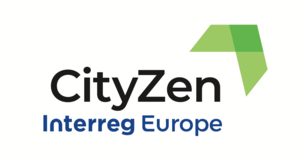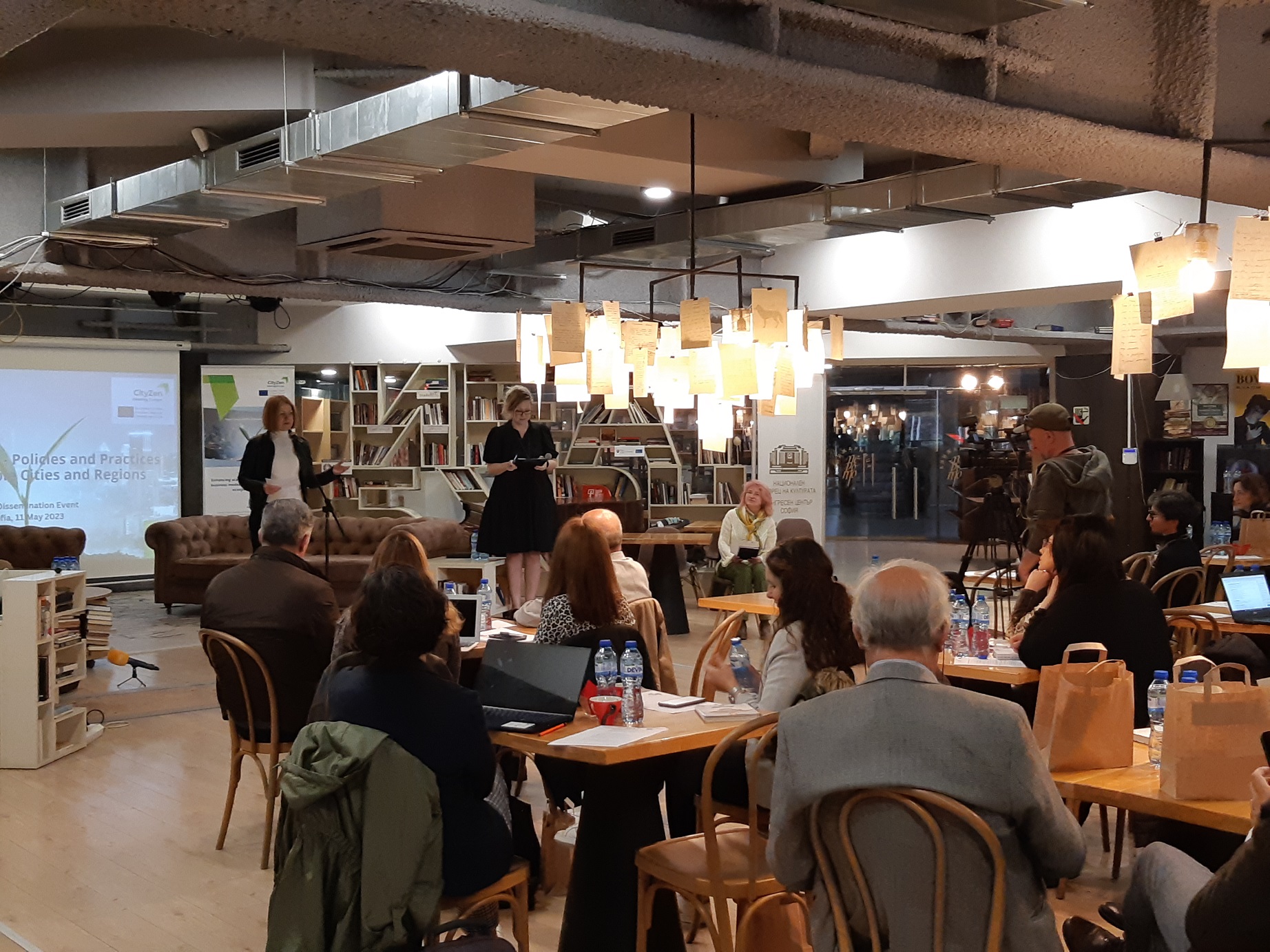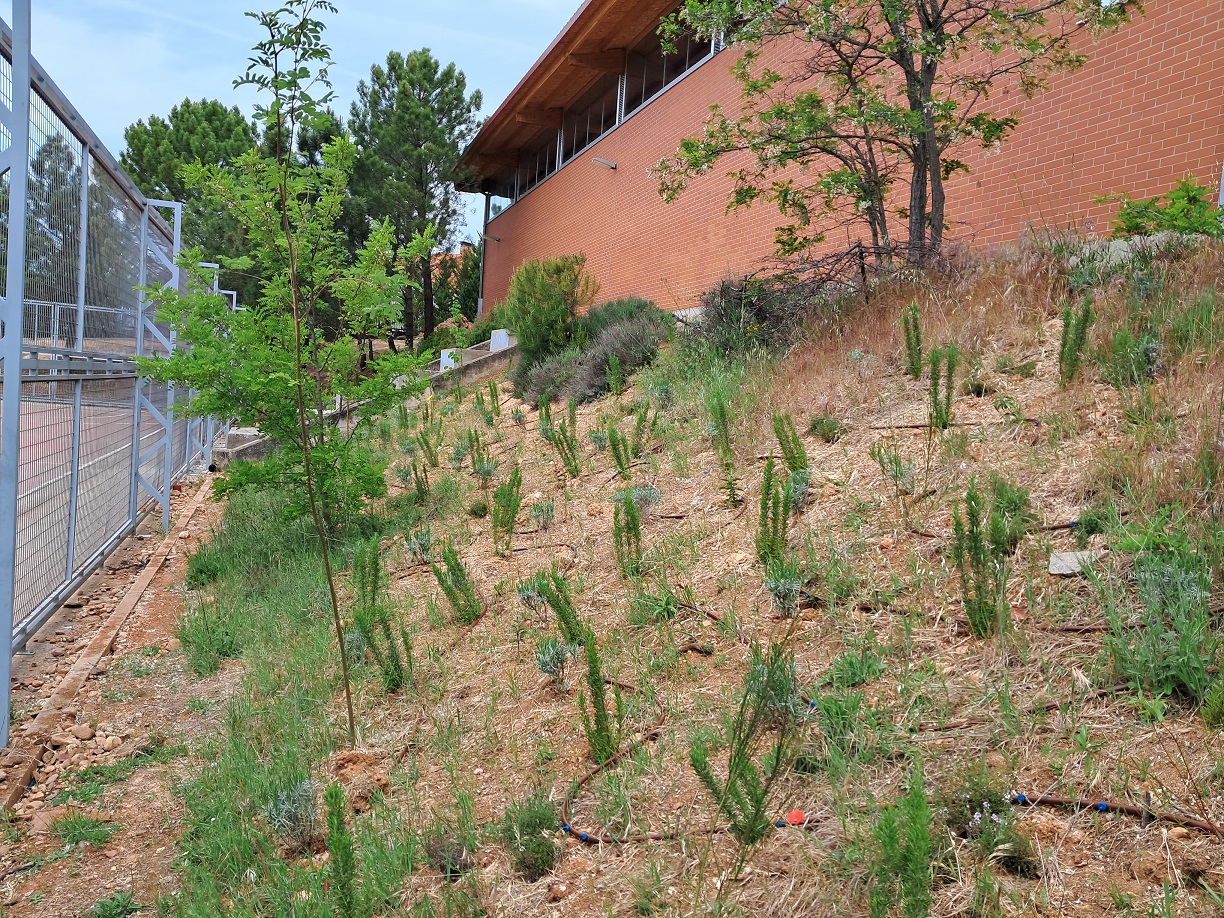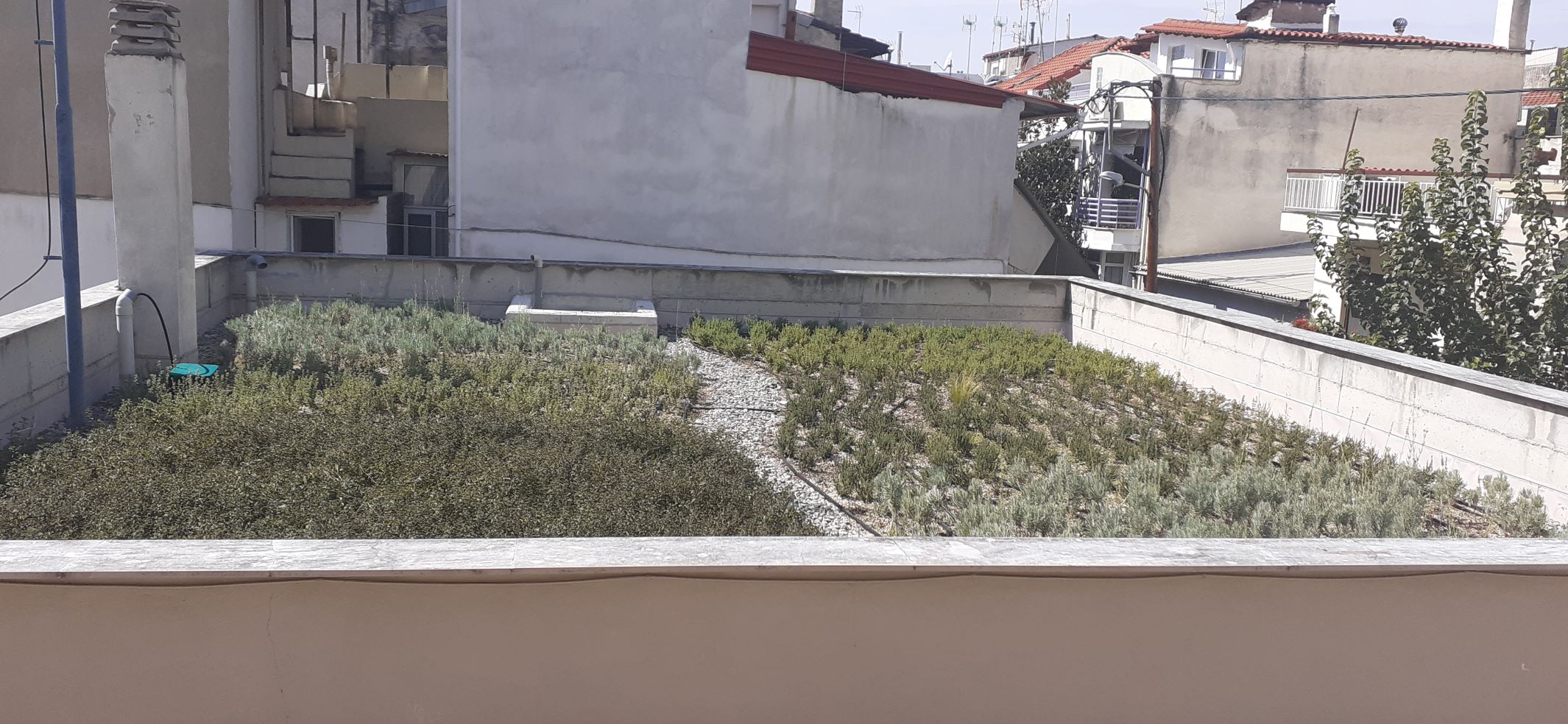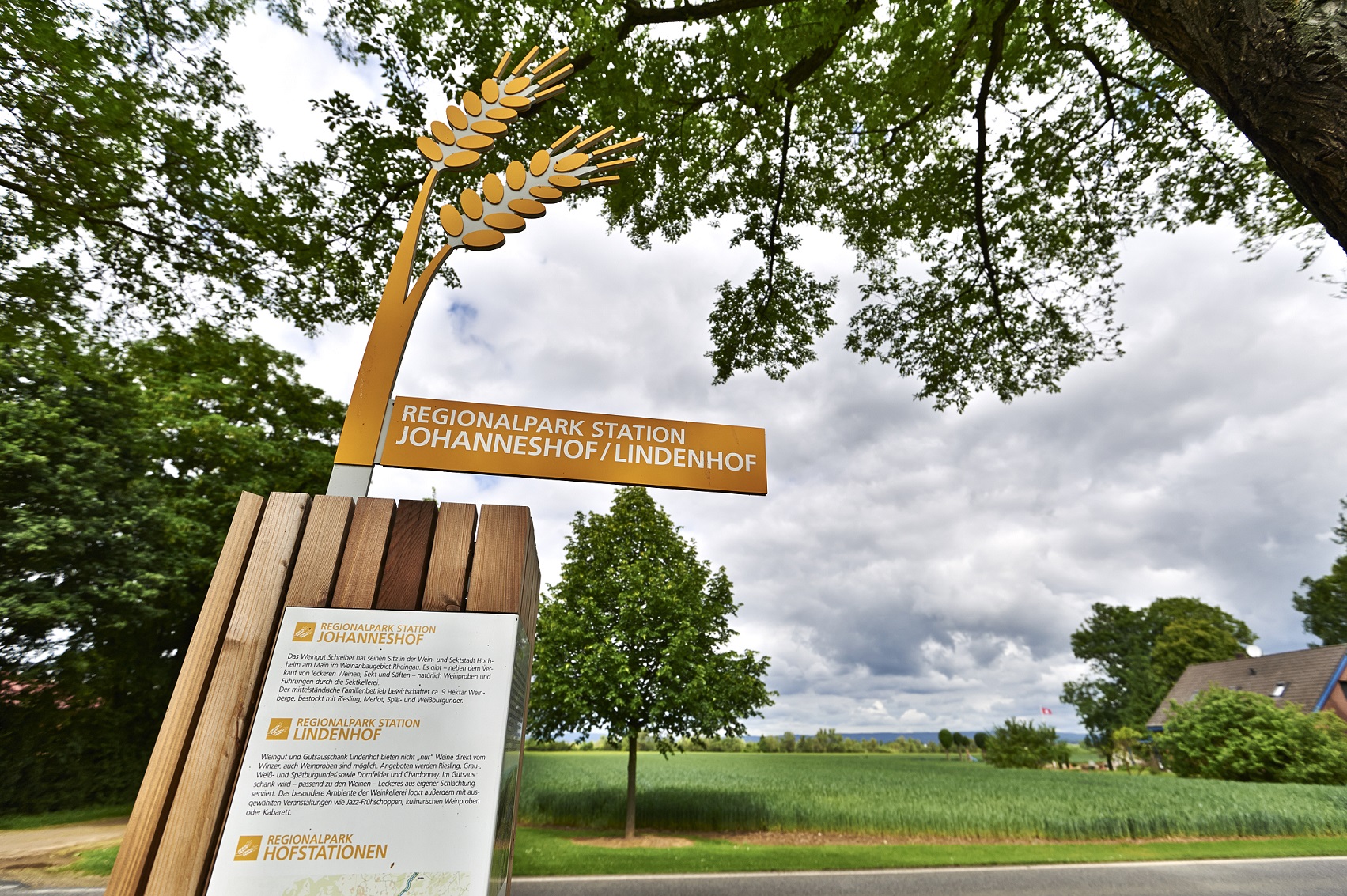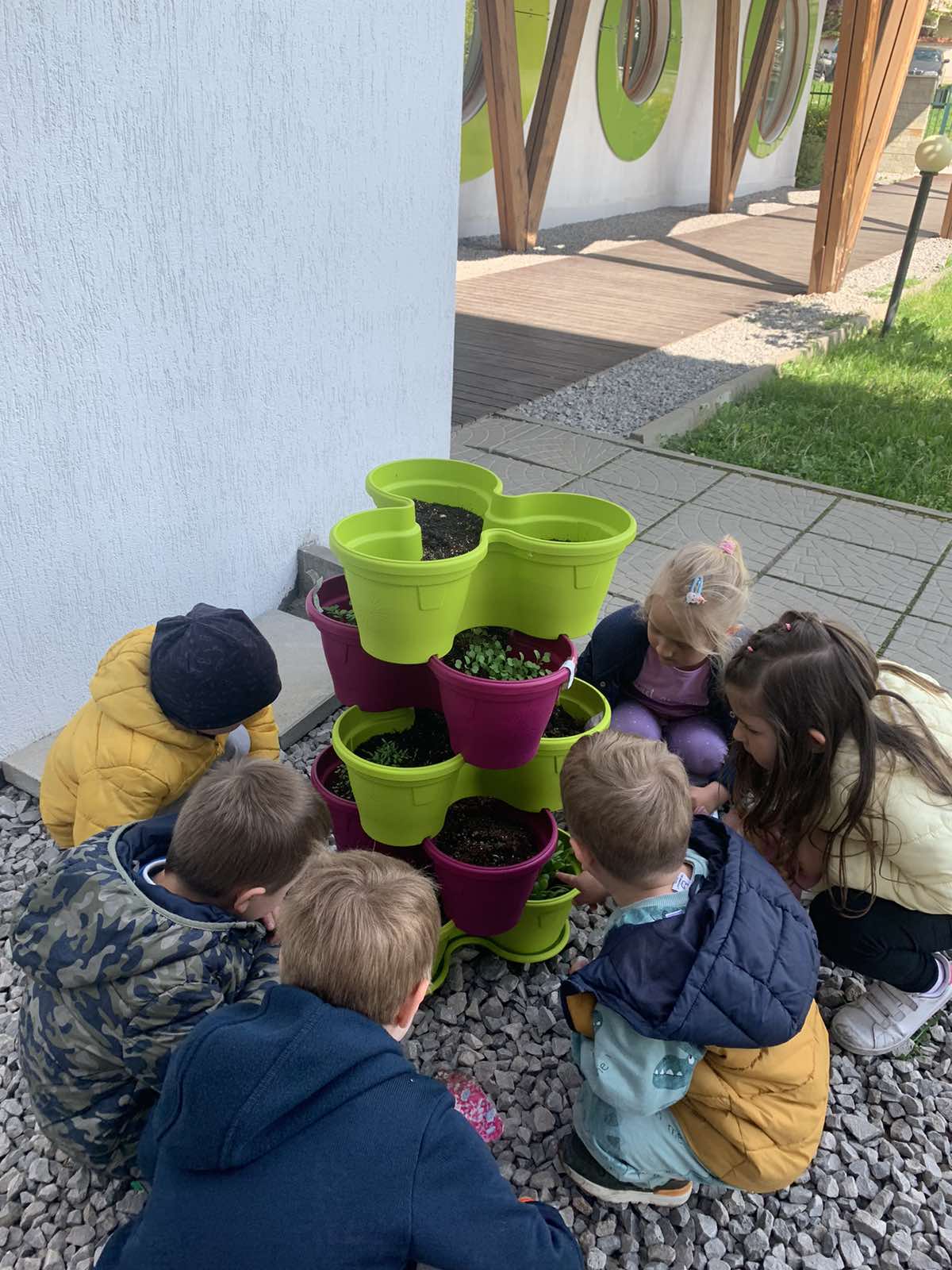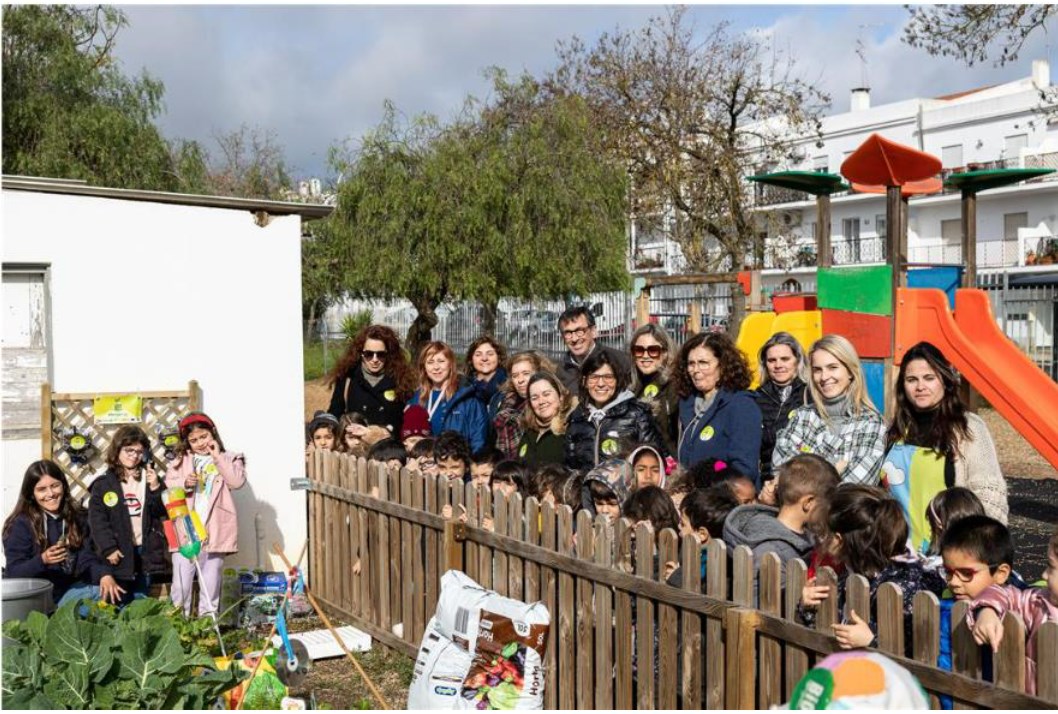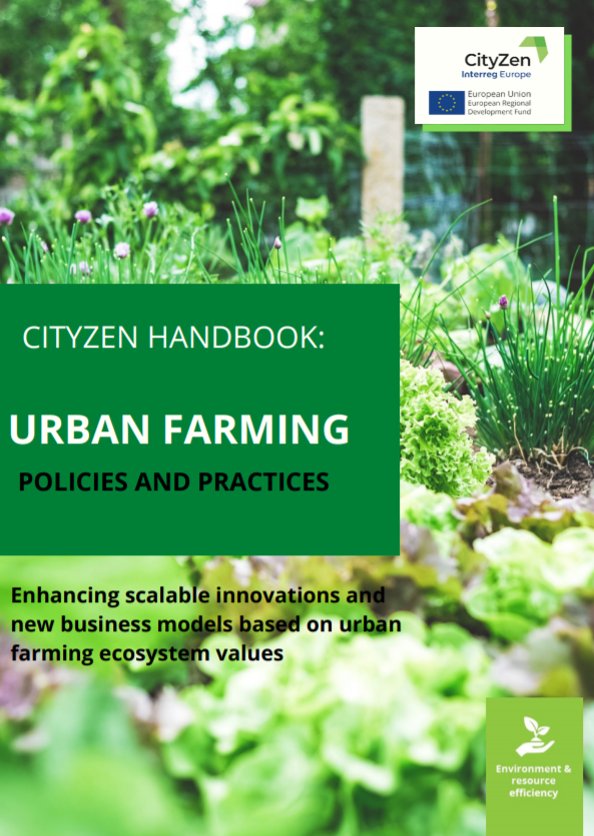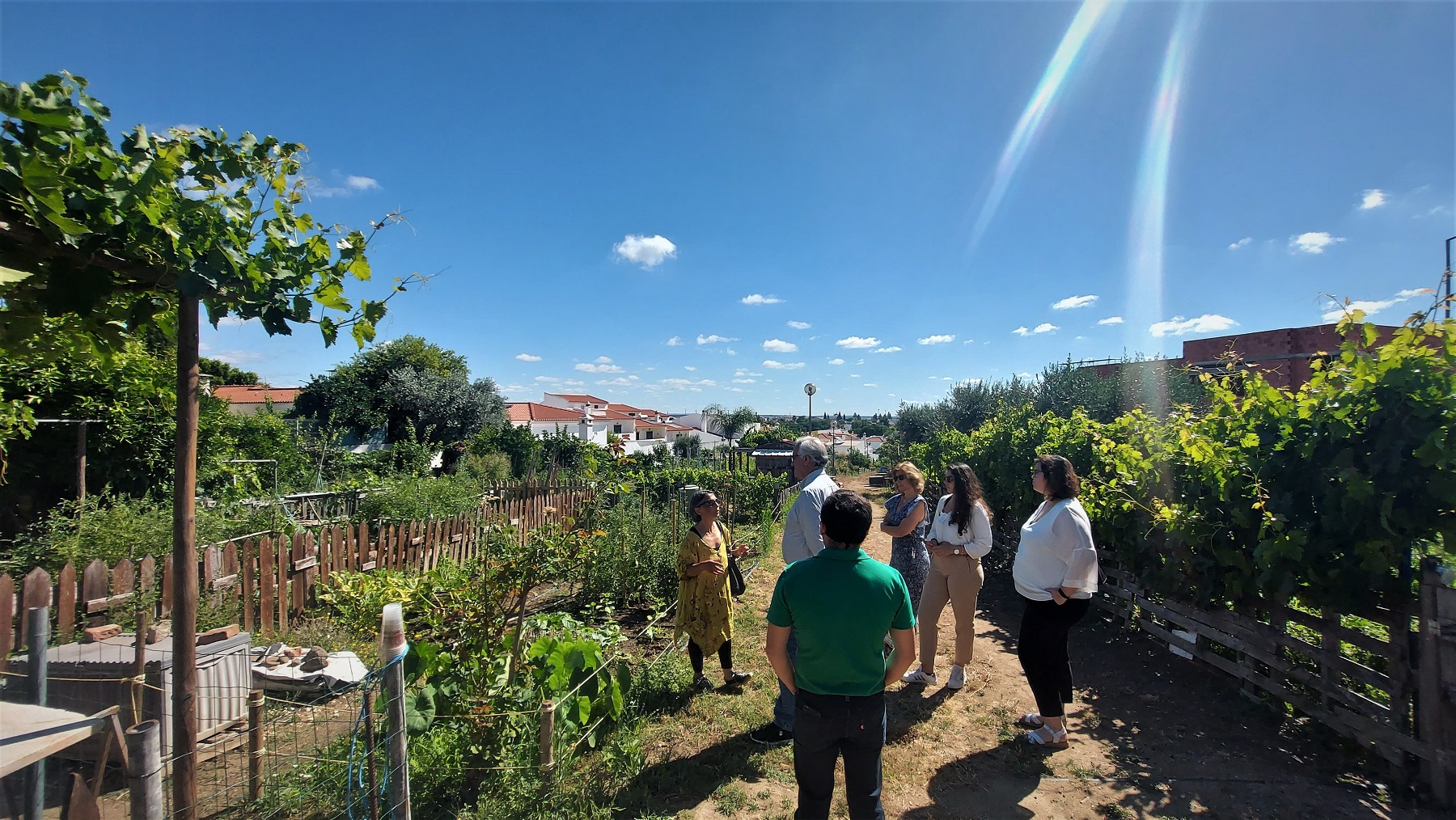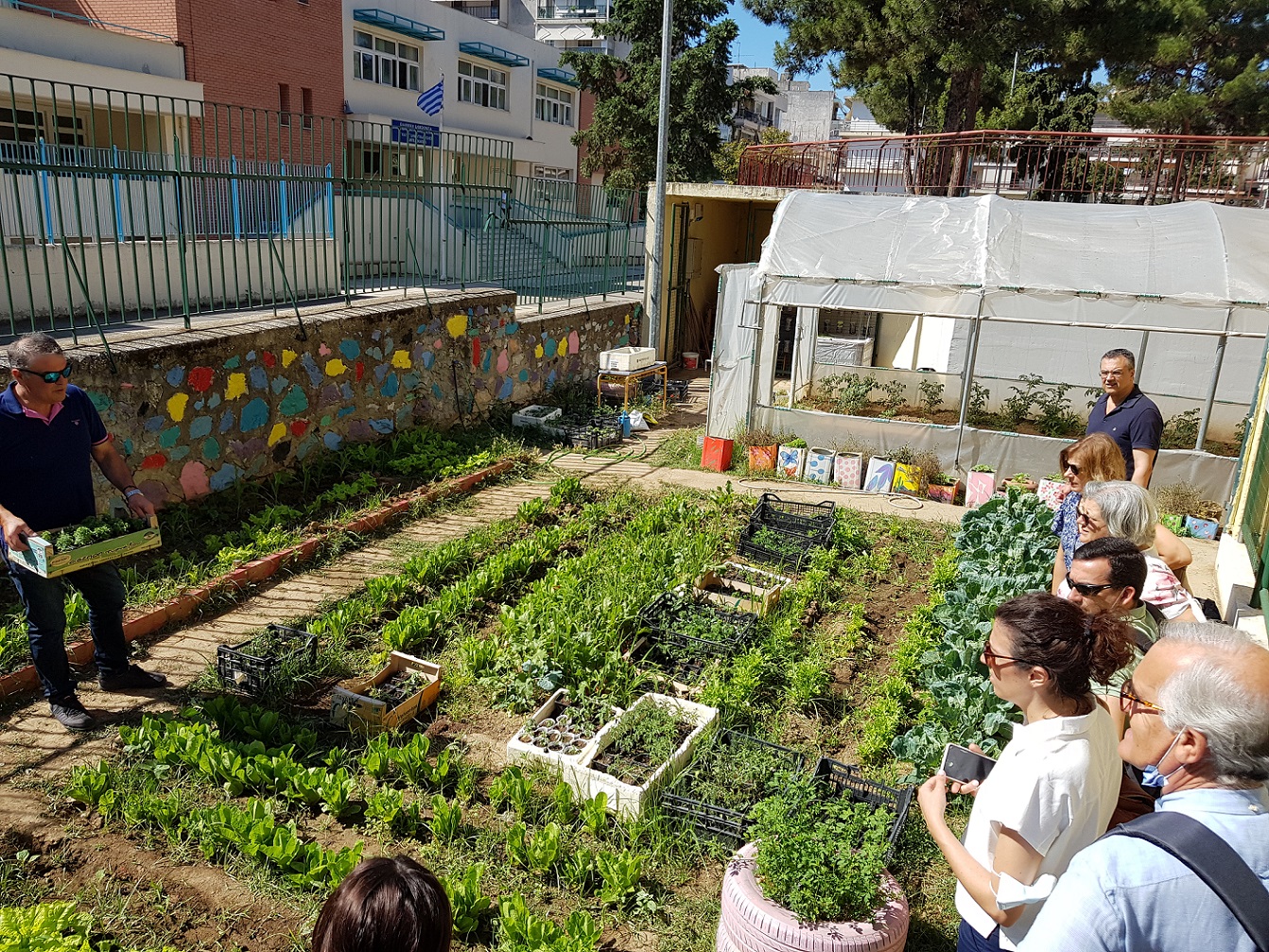On April 19 and 20, the second CityZen Impact Workshop Inclusive governance to foster Urban Farming. Dealing with land and space scarcity in cities was held online. It brought together various European stakeholders outside the consortium with practical experience in urban farming. Participants (representatives of the European Commission, startup companies, NGOs, regional and local authorities or international organizations) shared their experience and set the stage for potential partnerships in the future.
The focus was on improving the dialogue between decision-makers and bottom-up demands; practical cases on inclusive governance and multi-stakeholder engagement; dealing with land and space scarcity in cities and teaming up with other networks and projects - all in the field of urban farming. You can find all presentations in our library, or on YouTube:
- Riccardo Castellini, member of the Mediterranean Model Forest Network (MMFN) Secretariat presented the MMFN network and its values. The MMFN and living labs approach is bringing multiple actors to a common vision for sustainable development in large landscapes.
- Grigoris Chatzikostas, VP for Business Development at FoodScale Hub, presented living labs as tools for capacity building in urban farming. The approach can provide valuable insight to policy makers, companies and citizens and brings people into all phases of the innovation process - from generating ideas and design, to building prototypes and commercialization.
- Alexia Rouby, European Commission, Research programme officer (DG AGRI) on accelerating farming system transition: towards European networks of living labs on agroecology. She affirmed the growing European interest toward urban farming and deepened the importance of Living Labs concept and its role under the Horizon EU mission on soil health.
- Thomas Zöllner, Secretary general at FarmTech Society (FTS), talked about connecting Controlled Environment Agriculture (CEA) solutions to critical challenges and healthy dialogue between businesses and policy makers for the CEA sector.
- Ines Mendez Tovar, Project Manager at National Heritage Foundation of Castilla y Leon and Enrique Rollan Gallego, CEIP Cristobal Colón School (Spain), presented the pilot action renaturalization and educational program in CEIP. It is an urban farming project that has been integrated into the school, helping to decrease heat, energy consumption and start an educational food programme.
- Ferran Urgell Plaza, Municipal Institute for People with Disabilities, Barcelona City Council, presented a rooftop garden project that brings together people with disabilities (intellectual disability, mental disorders, psychical disability) to manage hydroponic urban gardens on rooftops of municipal facilities.
- Rita Martins, Alentejo Centre of Agricultural and Agro-Food Biotechnology Center (CEBAL), presented a new initiative and municipal instrument that supports urban farming in the pandemic in Ferreira do Alentejo.
- Gus van der Feltz, project leader at Fieldlab Vertical Farming Zuid Holland, talked about large-scale professional production of fresh vegetables. Fieldlab has developed a test infrastructure and conducts testing at partners’ facilities to test and analyze how different factors influence productivity and produce quality.
- Dr. Xavier Gabarrell Durany and Veronica Arcas Pilz, Sostenipra research group, GROOF pilots, presented rooftop greenhouses connected to water, heat and CO2 flows of the building. In Barcelona, urban rooftop farming (greenhouse) is done on an eco designed and sustainable building: the rooftop lab exchanges the residual flows (energy, water, gas) with the rest of the building, saving energy.
- Rui Choças, co-founder at GreenFin Aquaponics, presented small scale aquaponics for households. GreenFin is an AgroTech startup company that in a single circular system provides integrated, sustainable, biological, ecological and economic food production method both for the consumer and producer.
- Katia Zacharaki, senior research engineer at Digital Farming Limited, presented hydroponic berry production with a focus on strawberry production, which fits perfectly in the principles of hydproponics and urban farming.
- Fabio Boscaleri presented the European Regions for Innovation in Agriculture, Food and Forestry (ERIAFF) Network. The ERIAFF is an informal network by a core of 24 regions across Europe. It accepts members from Regional Authorities or other administrative levels or types of organizations with competences on Rural/Regional Development.
- Pablo José González Provost, Andalusian Agricultural and Fisheries Management Agency (AGAPA), presented Junta de Andalucia: Andalhuerto Organic Project on urban vegetable gardening. A demonstration garden tests various types of garden configurations and organic production techniques for urban agriculture.
